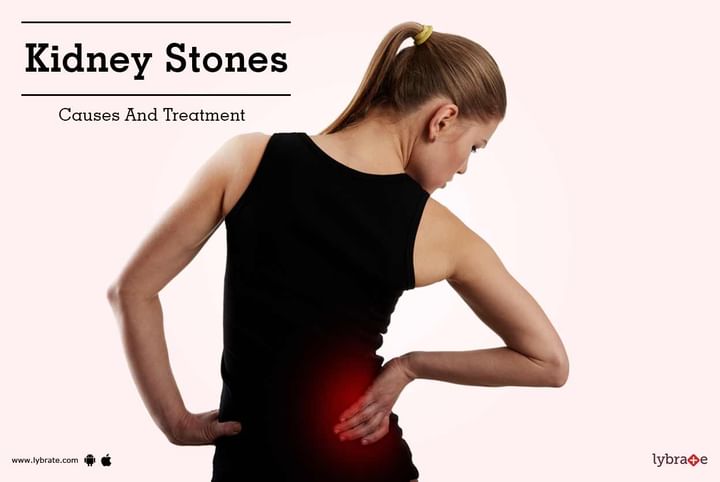Kidney Stones - Causes And Treatment
Hard, crystalline deposits in the kidney which cause pain in the flank are known as a kidney stones. The condition is common among people between the ages of 30 to 60. Made of various minerals and salts present in the urine, they stick conjunctly to form small pebbles which circulate in the kidney. Medically known as nephrolithiasis, kidney stones are also referred to as renal colic, in advanced stages, when they tend to cause severe pain.
Causes of Kidney Stones:
Kidney stones are essentially made of calcium, ammonia, uric acid and cysteine. Such superfluous products when present in the blood, occasionally form crystals that accumulate inside the kidneys. With time, those crystals form a hard pebble-like chunk which eventually lead to kidney stones.
Not drinking sufficient fluids is often attributed as a common cause for kidney stones. Yet oftentimes, certain medications that you may use also tend to increase the levels of unwanted substance in the urine. Once formed, the kidney stones pass through the urinary system (namely the bladder, kidneys and their tubules) where sometime they get stuck, consequently leading to the condition.
Some tiny stones go unsuspected and pass out painlessly during urination. But quite fairly, kidney stones obstruct a part of the urinary system which include:
-
Ureter: the tube which connects the kidney to the bladder
-
Urethra: the final tube from which the urine passes
Such obstructions can cause grievous pain in the groin and abdomen and at times, lead to UTI (urinary tract infection). Urinary tract infections affect the kidneys, tubes and the bladder and cause discomfort and pain.
Also, a grievous data estimates that around half the people who experience kidney stones are likelier to face them again within the subsequent 5 years.
Treatment:
Most kidney stones are miniscule and they smoothly pass through your urine. Yet some become large and require medications at home. Even larger stones require ultrasound or laser energy to be shattered. Keyhole surgery (a minimally invasive surgery that is carried out with the help of an incision, very small in size and with the help of special techniques and instruments such as fibre optics) may be also opted for as an alternative treatment. If you wish to discuss about any specific problem, you can consult a Urologist.



+1.svg)
